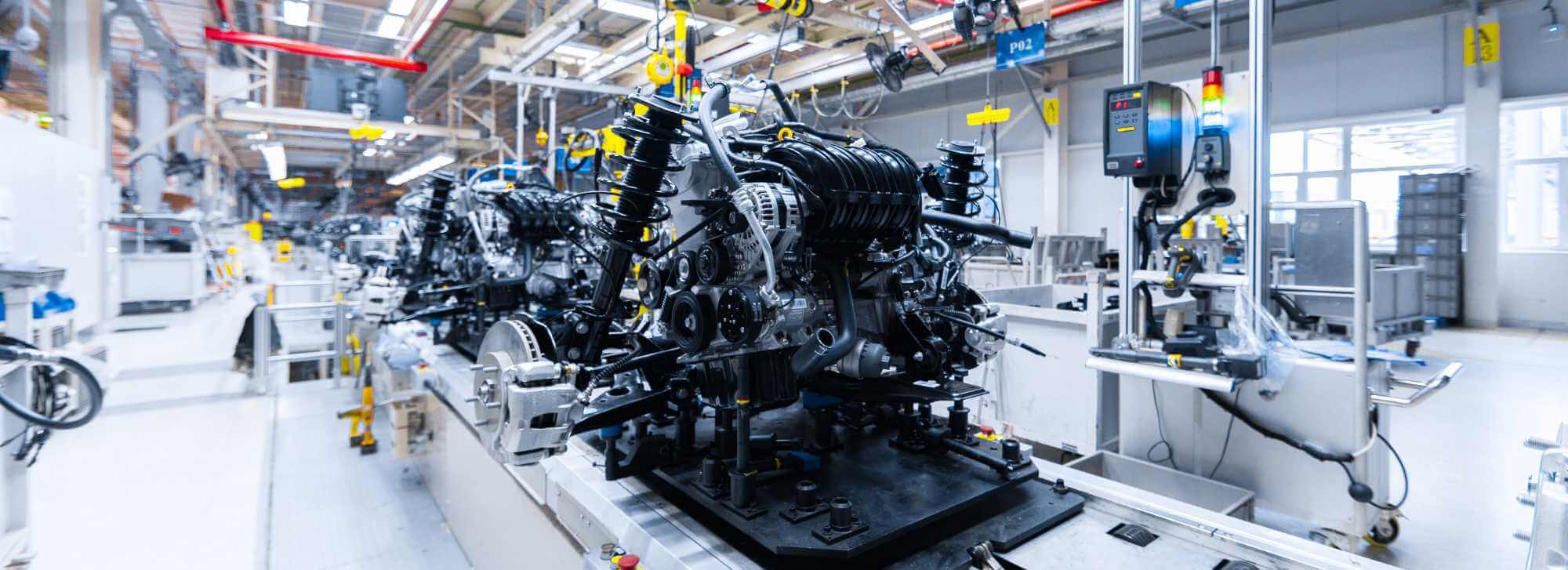Automotive transmissions and repair technicians play an important role in keeping vehicles on the road. They diagnose and repair complex mechanical and electrical systems that improve safety, efficiency, and the driving experience.
Transmission specialists. The transmission is one of the most complex parts of a vehicle. Automotive transmission technicians have extensive training and certification to repair and rebuild manual transmissions, automatic transmissions, transfer cases, and other components. They use advanced diagnostic equipment to pinpoint problems with slippage, grinding noises, slow shifting, or lack of power. Repairs may involve replacing worn out parts, fixing damaged synchronizers, or overhauling the entire transmission.
These specialists ensure vehicle transmissions operate smoothly and safely. Without them, many vehicles would not be drivable, impacting people's ability to travel for work, family, and leisure. Some transmission technicians also perform maintenance like fluid and filter changes to prevent future issues.
General repair technicians. General automotive repair technicians service a wide range of mechanical and electronic systems including engines, drivetrains, brakes, steering and suspension, air conditioning, and electrical components. They diagnose problems, estimate repair costs, replace or repair faulty parts, and ensure vehicles meet safety standards before returning them to drivers.
While some repair technicians specialize in certain areas like transmissions, most provide comprehensive general repair services. They keep people mobile by handling routine maintenance, emergency roadside assistance, and any unforeseen issues that come up. Experienced technicians can anticipate potential problems or recommend preventative work to avoid costly down the road repairs.
Diagnosis and education. Strong diagnostic skills are essential for any automotive repair technician. They must thoroughly inspect vehicles to determine the cause of symptoms like strange noises, vibrations, lights coming on, or loss of performance. Technicians stay up-to-date with latest diagnostic equipment and procedures to accurately pinpoint issues even in complex computerized systems.



